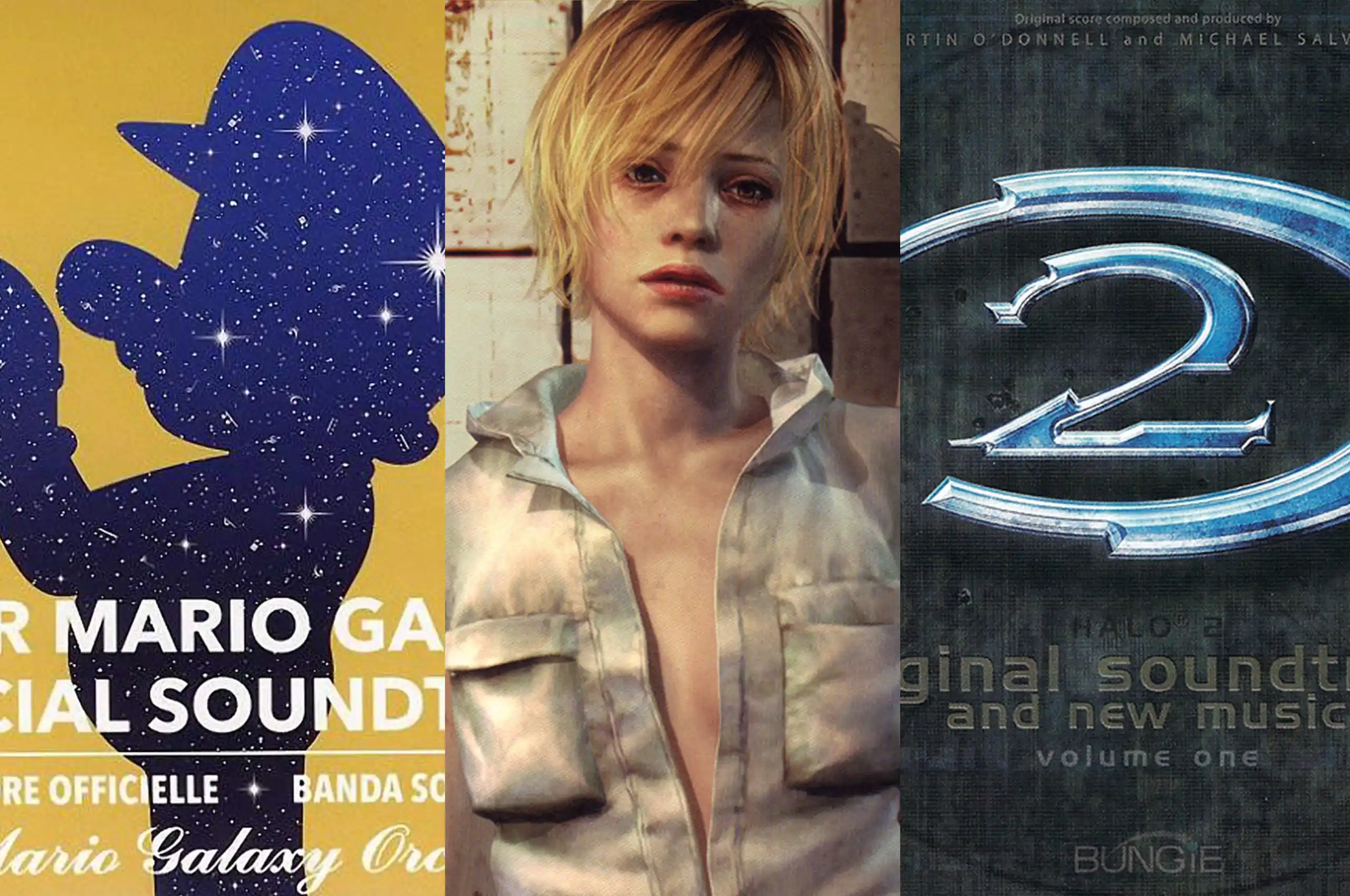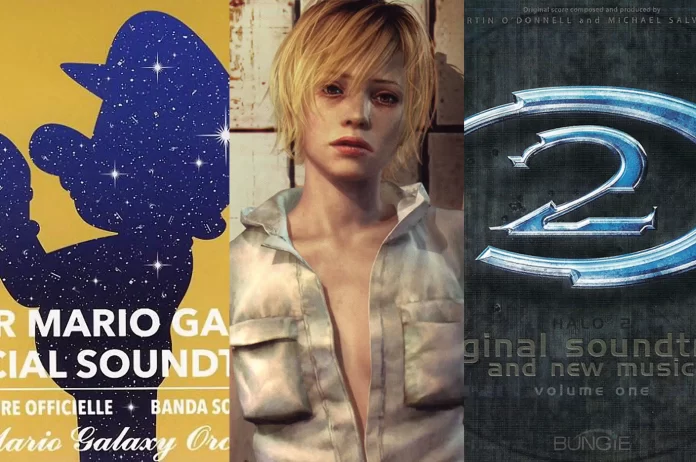5 Video Game Soundtracks from the 2000s That Made Gaming Feel Like Cinema
From Burial sampling Metal Gear Solid 2 to the orchestral sweep of Super Mario Galaxy, these scores and soundtracks have taken on a life beyond their games

July 8 marks National Video Games Day, a special day first celebrated in 1991 after appearing in that year’s edition of Chase’s Calendar of Events. The calendar describes National Video Games Day as a day for “kids of all ages who enjoy video games to celebrate the fun they have while playing them.”
Some sources, however, claim the special day actually falls on September 12, due to a date change by Chase beginning in 1997; this is possibly in connection with the release of the TV Tennis Electrotennis, Japan’s first video game console, which launched in 1972, months before Home Pong took North America by storm.
Regardless of the date, National Video Games Day is a reason to celebrate a unique form of entertainment that has brought joy and fun across generations. Filipinos, in particular, are often celebrated as some of the most receptive audiences in global gaming culture. They don’t just enjoy a game; its mechanics are embodied and immortalized into lore, memes, and colloquial language — whether it’s their computer shop trash talks playing Dota 2, or their obsession with Mobile Legends: Bang Bang which has, at this point, become the country’s national sport.
In celebration of National Video Games Day, we look back at video game scores and soundtracks that have emotionally resonated among old and young gamers alike, receiving recognition as much as the games themselves. From the domestic hum of The Sims, the apocalyptic tension of Silent Hill, and the orchestral sweep of Super Mario Galaxy, these scores tell us a foundational spirit living within video game CDs and cartridges.
The Sims (2000)
Before streaming several hours worth of lo-fi playlists became a way of life on platforms like Twitch and YouTube, there was the open-world life simulator The Sims. Released in 2000, the original game featured whimsical, oddly soothing build-mode music composed by American composer Jerry Martin as he captured the quiet joy of world-building and domestic micromanagement. As The Sims franchise grew, its music evolved from jazzy piano interludes to lush string arrangements, influencing a generation raised on digital dollhouses. Today, The Sims celebrates its 25th anniversary with a commemorative vinyl release, a nod to how iconic the music has become in and out of the gaming community.
Silent Hill 3 (2003)
If dread, existential crisis, and the atmosphere evoking a once crowded town in suburban America had a sound, it would be Japanese survival horror Silent Hill 3. Akira Yamaoka’s soundtrack for the third installment in the psychological horror series took mood-setting to new heights with its eclectic sound curation and compositions. Trading in traditional horror tropes for layered ambient noise, industrial percussion, and shoegaze riffages, the score was a haunting mix of beauty and decay. Vocal tracks like “You’re Not Here,” performed by Mary Elizabeth McGlynn, best known for her role as Motoko Kusanagi in the Ghost in the Shell series, gave Silent Hill 3 an emotional weight rarely seen in horror games at the time. It’s a benchmark for how unsettling sound can deepen a narrative.
Metal Gear Solid 2: Sons of Liberty (2001)
Hideo Kojima’s Metal Gear Solid series always pushed the boundaries of storytelling, and its iconic music followed suit. Metal Gear Solid 2: Sons of Liberty was scored by Harry Gregson-Williams, who has also worked on Call of Duty 4: Modern Warfare, as well as films like The Chronicles of Narnia: The Lion, The Witch, and the Wardrobe, Gladiator II, and the Shrek franchise. Gregson-Williams brought Kojima’s vision and cinematic flair to espionage gameplay, predating most franchises with similar mechanics such Hitman and Tom Clancy’s Splinter Cell.
The main theme — with its dramatic orchestration and escalating tension — would go on to be sampled by electronic producer Burial in his track “Archangel,” in his album Untrue, back in 2007, which is considered by multiple publications, including Resident Advisor and Pitchfork, as one of the most influential electronic music albums for its decade. This proves Metal Gear Solid’s reach beyond gaming, and it is one of the earliest cases of a video game soundtrack blurring into experimental music and club culture.
Super Mario Galaxy (2007)
Nintendo has a long history of iconic music, but Super Mario Galaxy was a creative leap. Koji Kondo’s compositions were brought to life by a full orchestra, taking Mario’s cosmic platforming to symphonic heights. Tracks like “Gusty Garden Galaxy” redefined what a Mario game could sound like: expansive, emotional, and epic in a way that felt earned after catching a star to cap any level. For a game about bouncing off planets and chasing stars, it was the perfect aural companion from start to finish.
Halo 2 (2004)
There are few gaming sound cues more recognizable than the Halo 2 theme’s opening Gregorian chant. Composed by Martin O’Donnell and Michael Salvatori, the soundtrack for the Halo franchise helped transform the first-person shooter genre into something mythic. Its use of choral arrangements, ambient textures, and militaristic drums lent the alien conflict a sense of scale and solemnity. The first person shooter franchise made you believe in its worldbuilding, and thanks to the internet’s memetic culture, that chant lives on well beyond Xbox consoles.
Sai Versailles Sai Versailles is the Digital Editor of Rolling Stone Philippines. She oversees the daily news report and operation of the website, in addition to covering music, politics, and counterculture. Before … Read More
